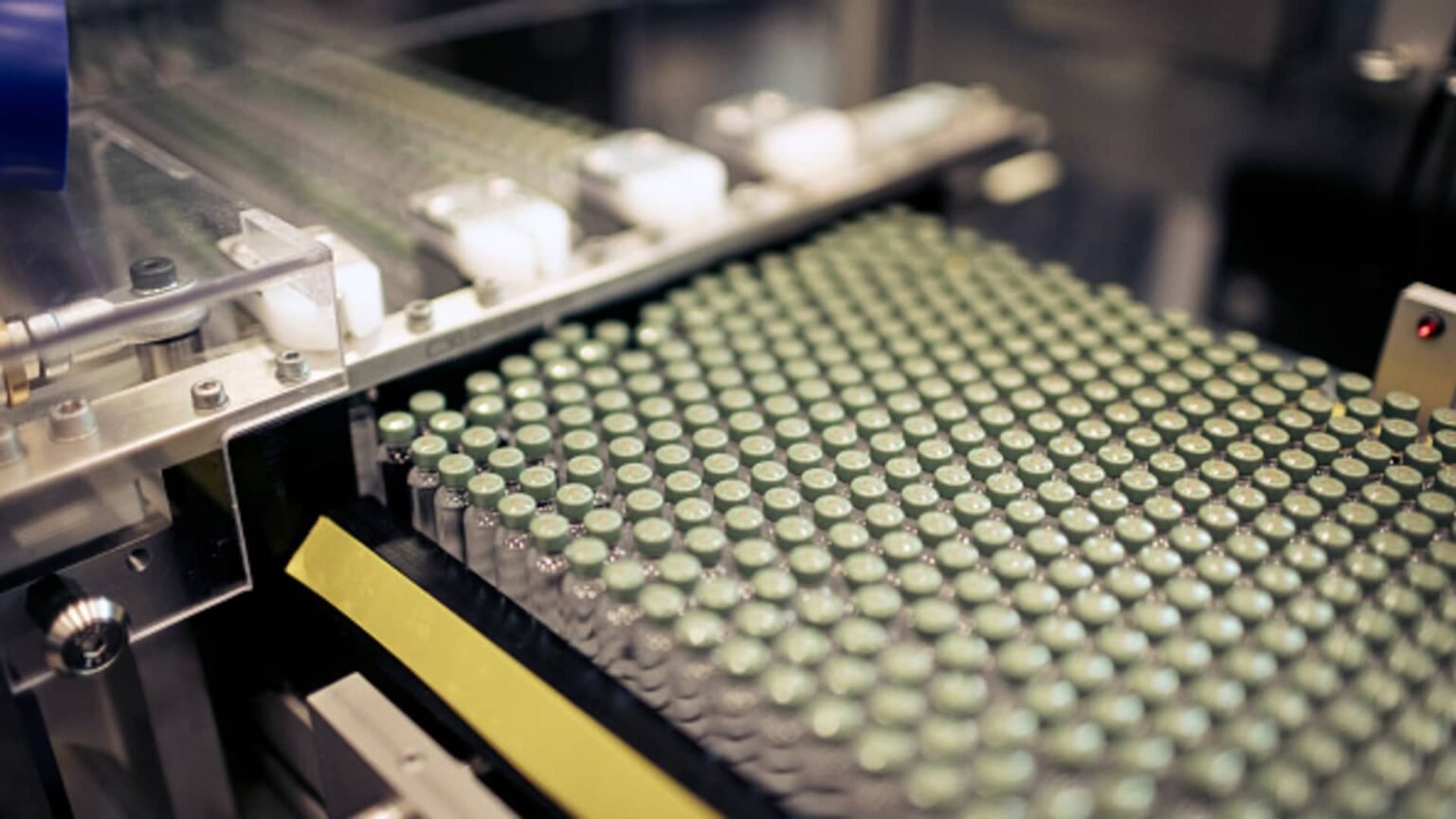The ongoing port strike along the East Coast and Gulf Coast of the U.S. has severely disrupted nearly half of all trade coming into the country, impacting shipments of critical medical devices and drug components for popular weight-loss and diabetes drugs such as Novo Nordisk’s Wegovy and Ozempic, as well as Eli Lilly’s Mounjaro and Zepbound. Both companies heavily rely on the Port of Norfolk for the import of pharmaceuticals and injection devices containing semaglutide, a compound used in their branded drugs. Novo Nordisk, which has seen significant revenue from its weight-loss drugs, has put mitigation plans in place to prevent production disruptions due to the strike, including shipping products via airfreight if necessary.
The strike has come at a critical time for the pharmaceutical industry as it relies on just-in-time inventory replenishment for drug manufacturing. This has raised concerns about potential supply chain disruptions, increased shipping costs, inventory shortages of active pharmaceutical ingredients (APIs), and production delays. Approximately 48% of the APIs used in the U.S. are imported from India, while some are also sourced from Europe through East Coast ports, making the strike a significant risk to the production of essential medications. Eli Lilly and Novo Nordisk import APIs, including semaglutide, needed for their weight-loss drugs, making it crucial for the port strike to be resolved promptly to avoid further disruptions.
The Biden administration and state governments, such as New York, have been monitoring the situation closely to assess vulnerabilities and mitigate potential impacts on consumers. The strike has also been compounded by the ripple effects of Hurricane Helene, which damaged a key facility in North Carolina that produces IV fluids critical for hospitals across the U.S. The shortage of IV fluids may impact elective surgeries and patient care, emphasizing the importance of resolving the strike to ensure the seamless supply of essential medical products. Disaster relief agencies and critical infrastructure providers are working to prioritize the delivery of critical goods, such as high-value pharmaceuticals and essential medical supplies, to minimize the impact of the strike on healthcare services.
The Alliance for Chemical Distribution has raised concerns about severe delays, reroutes, and uncertainties in the delivery of essential products at U.S. ports due to the ongoing strike. Supply chain risk management consultants are monitoring the impact on drug shipments, highlighting the importance of sourcing APIs and precursors for a wide range of medications, from antibiotics to pain relievers. Consumable products required for disaster relief operations, such as sterile gloves and medical plastics, are also processed through these ports, underscoring the need for prompt resolution of the strike to ensure the uninterrupted flow of essential supplies. The disruption caused by the strike could have far-reaching consequences on the healthcare industry, underscoring the importance of resolving the labor dispute as quickly as possible to avoid potential shortages and production delays.












